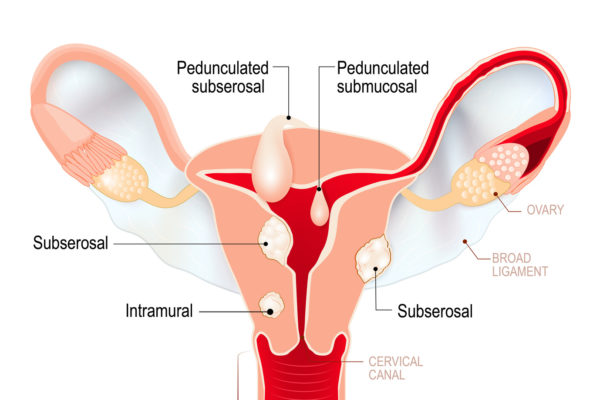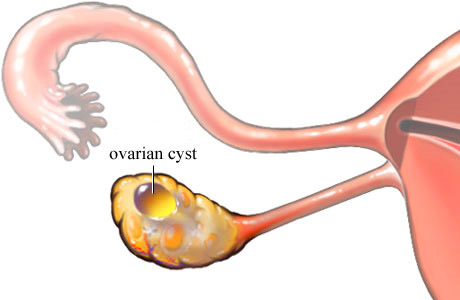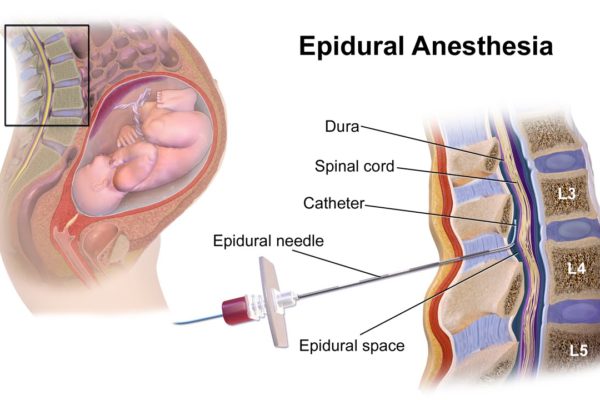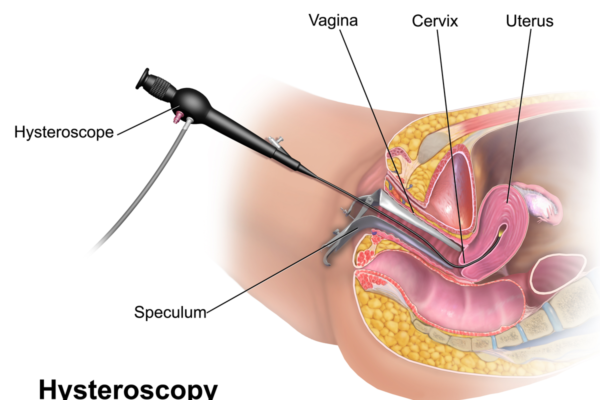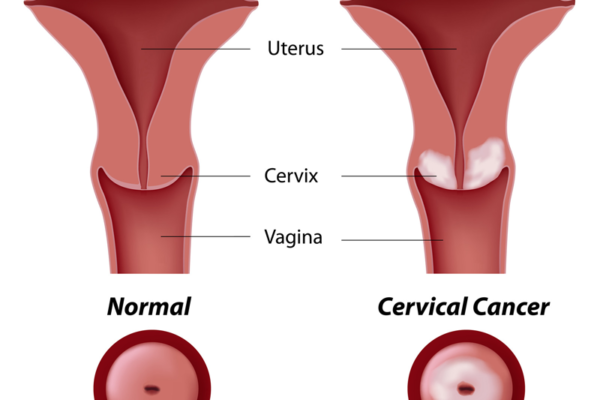Whooping Cough Immunization
What is whooping cough? Whooping cough is caused by a bacterium called Bordetella pertussis. The disease is known to cause uncontrollable, violent coughing fits, which often make it hard to breathe. After such a fit, patients usually need to take deep breaths, which produces a whooping sound. How does whooping cough spread? Whooping cough, also
Read more
